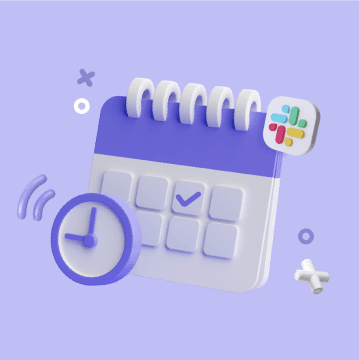get-experiment-by-id
Get an experiment by its ID.
The tool returns experiment metadata in the first content block and a JSON object with the
experiment data in the second. The experiment data contains both the results of each
experiment run and the annotations made by an evaluator to score or label the results,
for example, comparing the output of an experiment run to the expected output from the
dataset example.
Example usage:
Show me the experiment results for experiment RXhwZXJpbWVudDo4
Expected return:
Object containing experiment metadata and results.
Example: {
"metadata": {
"id": "experimentid1234",
"dataset_id": "datasetid1234",
"dataset_version_id": "datasetversionid1234",
"repetitions": 1,
"metadata": {},
"project_name": "Experiment-abc123",
"created_at": "YYYY-MM-DDTHH:mm:ssZ",
"updated_at": "YYYY-MM-DDTHH:mm:ssZ"
},
"experimentResult": [
{
"example_id": "exampleid1234",
"repetition_number": 0,
"input": "Sample input text",
"reference_output": "Expected output text",
"output": "Actual output text",
"error": null,
"latency_ms": 1000,
"start_time": "2025-03-20T12:00:00Z",
"end_time": "2025-03-20T12:00:01Z",
"trace_id": "trace-123",
"prompt_token_count": 10,
"completion_token_count": 20,
"annotations": [
{
"name": "quality",
"annotator_kind": "HUMAN",
"label": "good",
"score": 0.9,
"explanation": "Output matches expected format",
"trace_id": "trace-456",
"error": null,
"metadata": {},
"start_time": "YYYY-MM-DDTHH:mm:ssZ",
"end_time": "YYYY-MM-DDTHH:mm:ssZ"
}
]
}
]
}












